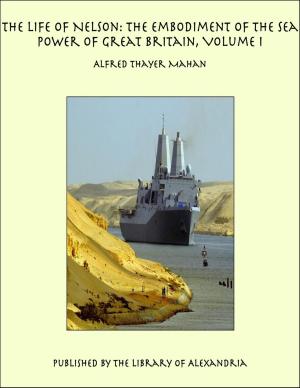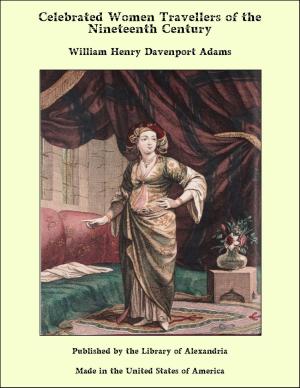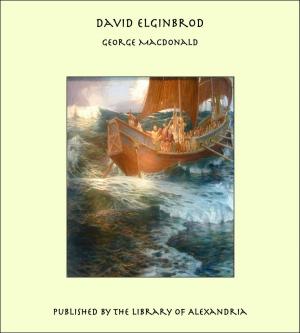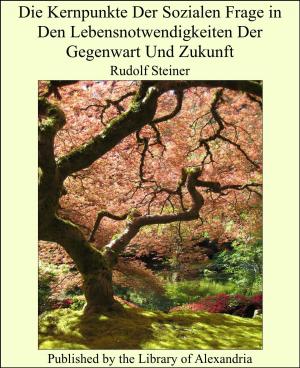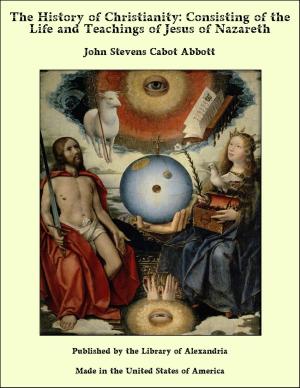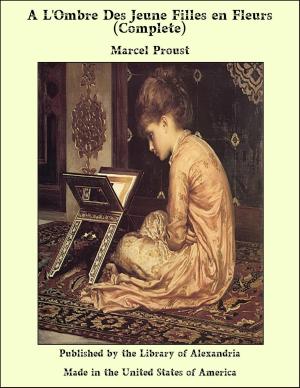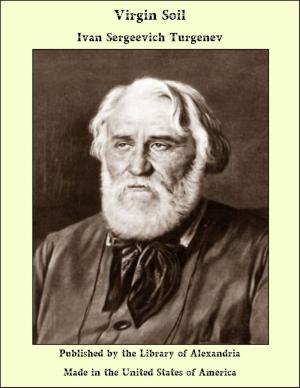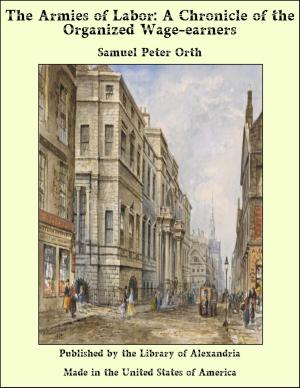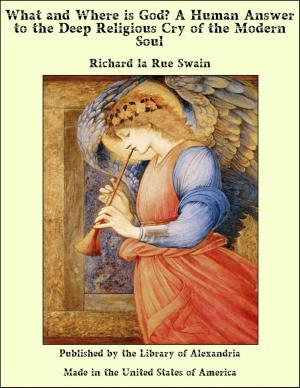| Author: | Marie Corelli | ISBN: | 9781465537423 |
| Publisher: | Library of Alexandria | Publication: | March 8, 2015 |
| Imprint: | Language: | English |
| Author: | Marie Corelli |
| ISBN: | 9781465537423 |
| Publisher: | Library of Alexandria |
| Publication: | March 8, 2015 |
| Imprint: | |
| Language: | English |
We live in an age of universal inquiry, ergo of universal scepticism. The prophecies of the poet, the dreams of the philosopher and scientist, are being daily realized—things formerly considered mere fairy-tales have become facts—yet, in spite of the marvels of learning and science that are hourly accomplished among us, the attitude of mankind is one of disbelief. "There is no God!" cries one theorist; "or if there be one, I can obtain no proof of His existence!" "There is no Creator!" exclaims another. "The Universe is simply a rushing together of atoms." "There can be no immortality," asserts a third. "We are but dust, and to dust we shall return." "What is called by idealists the SOUL," argues another, "is simply the vital principle composed of heat and air, which escapes from the body at death, and mingles again with its native element. A candle when lit emits flame; blow out the light, the flame vanishes—where? Would it not be madness to assert the flame immortal? Yet the soul, or vital principle of human existence, is no more than the flame of a candle." If you propound to these theorists the eternal question WHY?—why is the world in existence? why is there a universe? why do we live? why do we think and plan? why do we perish at the last?—their grandiose reply is, "Because of the Law of Universal Necessity." They cannot explain this mysterious Law to themselves, nor can they probe deep enough to find the answer to a still more tremendous WHY—namely, WHY, is there a Law of Universal Necessity?—but they are satisfied with the result of their reasonings, if not wholly, yet in part, and seldom try to search beyond that great vague vast Necessity, lest their finite brains should reel into madness worse than death. Recognizing, therefore, that in this cultivated age a wall of scepticism and cynicism is gradually being built up by intellectual thinkers of every nation against all that treats of the Supernatural and Unseen, I am aware that my narration of the events I have recently experienced will be read with incredulity.
We live in an age of universal inquiry, ergo of universal scepticism. The prophecies of the poet, the dreams of the philosopher and scientist, are being daily realized—things formerly considered mere fairy-tales have become facts—yet, in spite of the marvels of learning and science that are hourly accomplished among us, the attitude of mankind is one of disbelief. "There is no God!" cries one theorist; "or if there be one, I can obtain no proof of His existence!" "There is no Creator!" exclaims another. "The Universe is simply a rushing together of atoms." "There can be no immortality," asserts a third. "We are but dust, and to dust we shall return." "What is called by idealists the SOUL," argues another, "is simply the vital principle composed of heat and air, which escapes from the body at death, and mingles again with its native element. A candle when lit emits flame; blow out the light, the flame vanishes—where? Would it not be madness to assert the flame immortal? Yet the soul, or vital principle of human existence, is no more than the flame of a candle." If you propound to these theorists the eternal question WHY?—why is the world in existence? why is there a universe? why do we live? why do we think and plan? why do we perish at the last?—their grandiose reply is, "Because of the Law of Universal Necessity." They cannot explain this mysterious Law to themselves, nor can they probe deep enough to find the answer to a still more tremendous WHY—namely, WHY, is there a Law of Universal Necessity?—but they are satisfied with the result of their reasonings, if not wholly, yet in part, and seldom try to search beyond that great vague vast Necessity, lest their finite brains should reel into madness worse than death. Recognizing, therefore, that in this cultivated age a wall of scepticism and cynicism is gradually being built up by intellectual thinkers of every nation against all that treats of the Supernatural and Unseen, I am aware that my narration of the events I have recently experienced will be read with incredulity.


![Cover of the book The Cabin [La Barraca] by Marie Corelli](https://www.kuoky.com/images/2015/march/300x300/9781465514592-Ey2r_300x.jpg)


